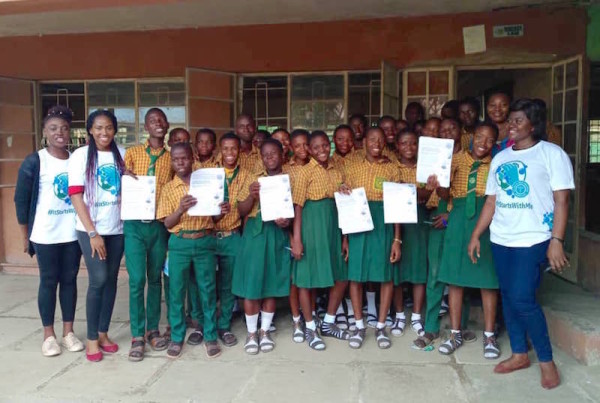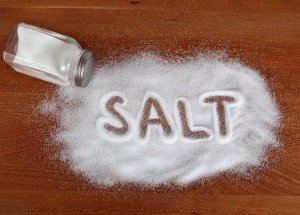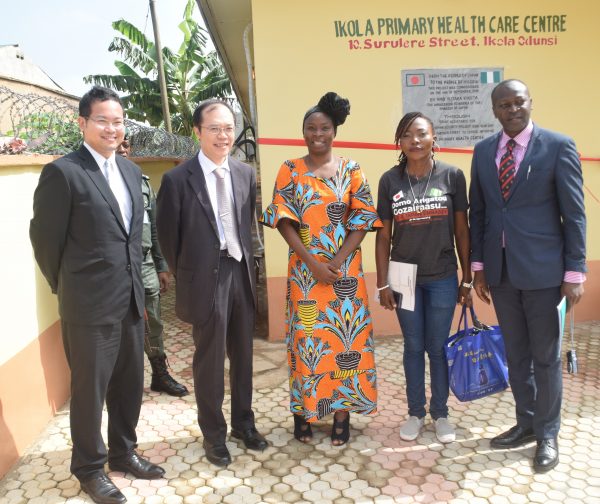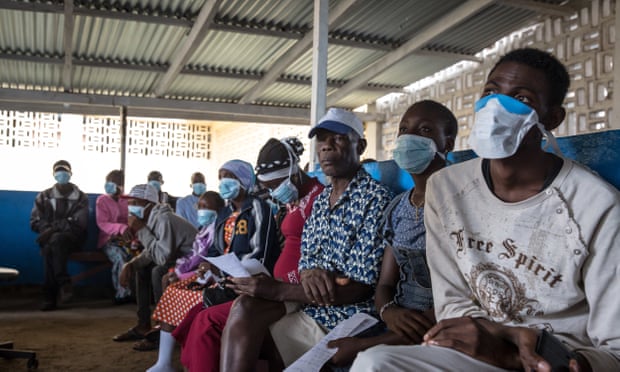World Savings Day: “Dear Students: Save Your Money, Save Your Life”
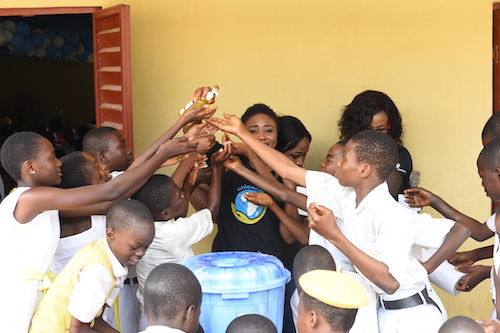
Today Union Bank and DRASA worked together to reach more than 3,200 students in 30 states across the country! Our collaboration was in celebration of World Savings Day – a global event promoting the value of saving – and the theme of our campaign was Save Your Money, Save Your Life. Throughout the day in schools across all our target locations, we taught students the importance of saving money (financial literacy) and staying healthy (personal hygiene) because as we all know, “health is wealth!” How did we do this in so many places at the same time? We trained Union Bank staff who then delivered the sessions to students around the country. We also donated soap, sanitizer, and Veronica buckets (plastic buckets with taps and lids used for handwashing) to students in each school. Check out more pictures from the campaign below.
